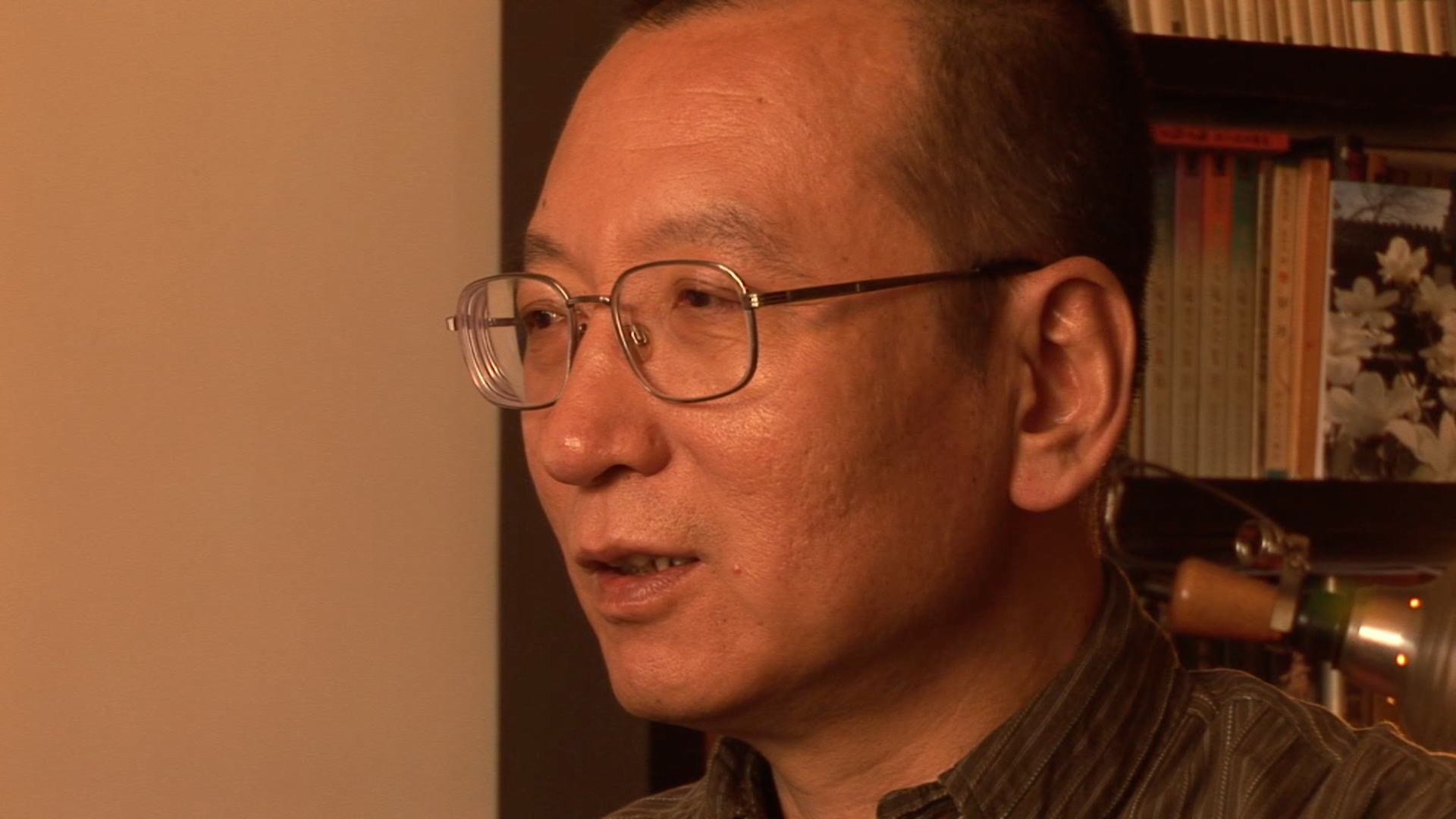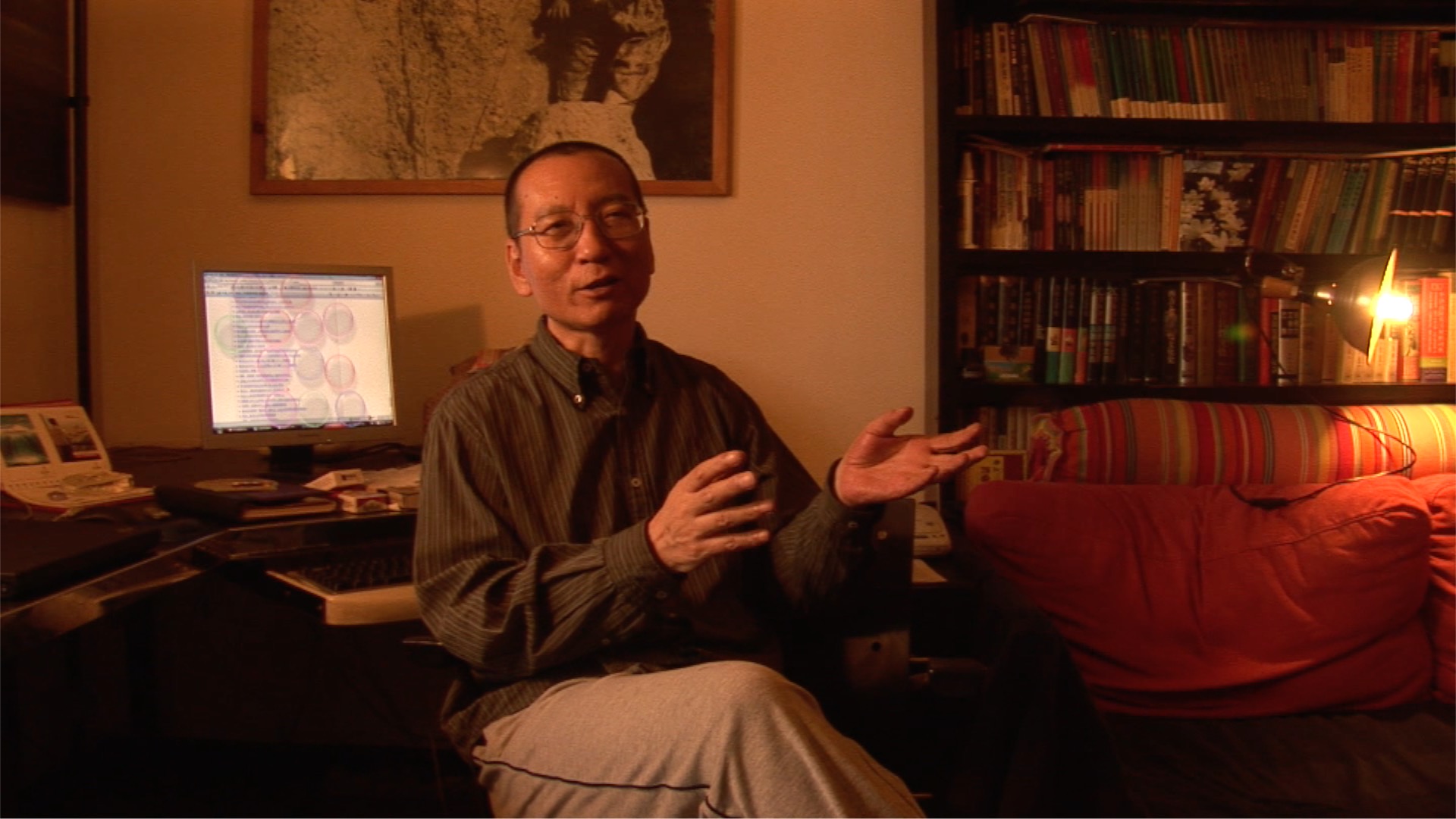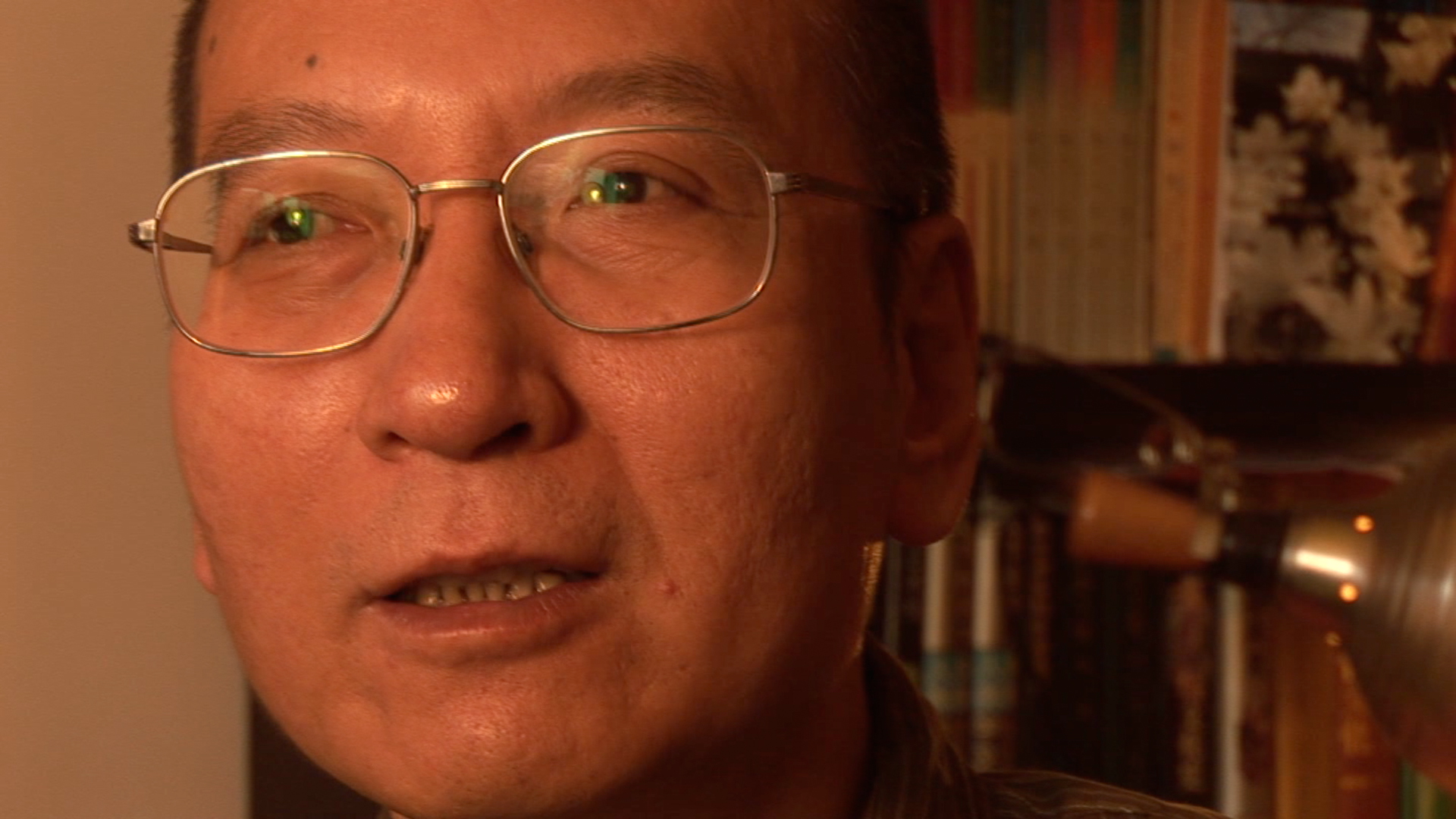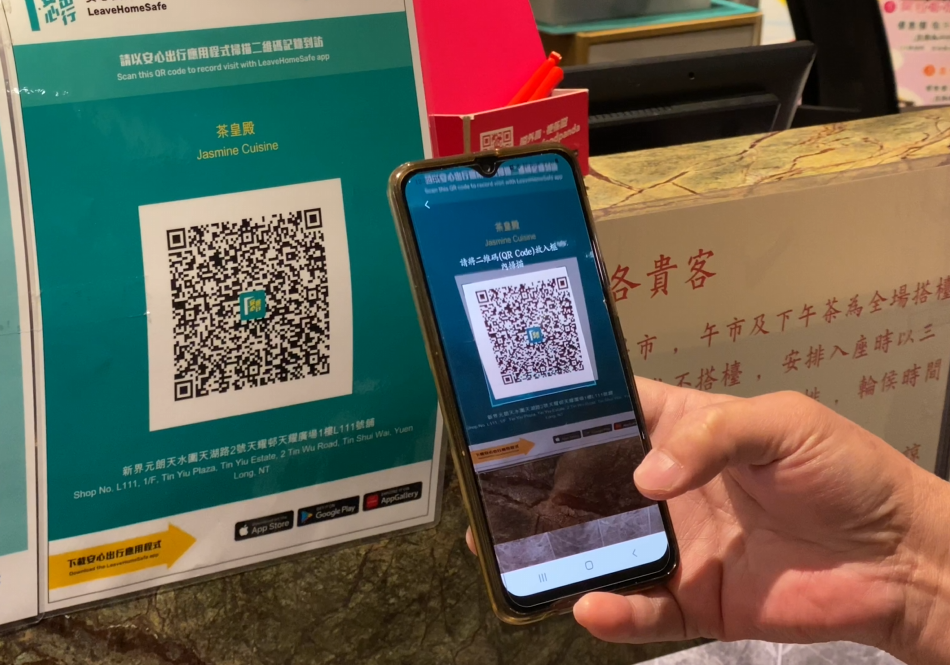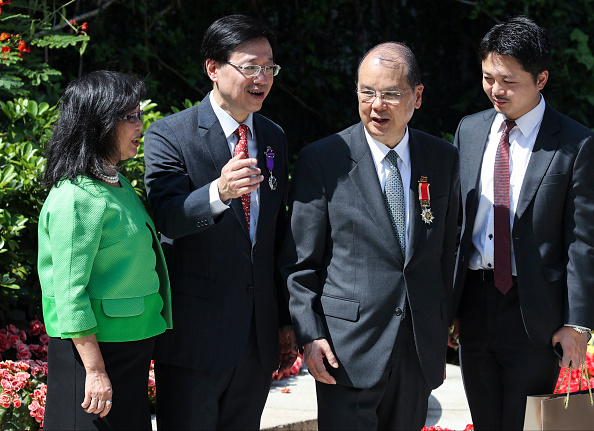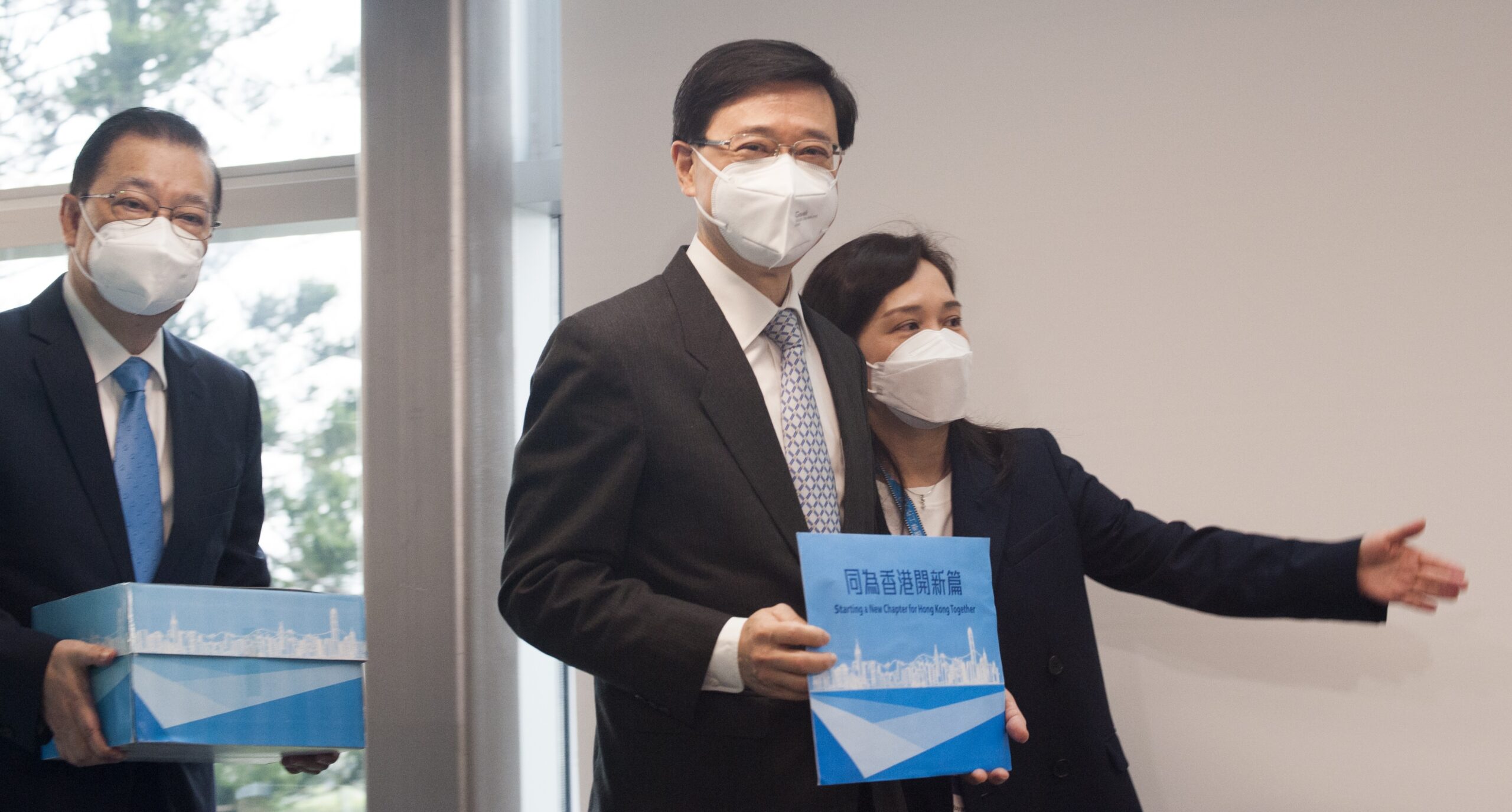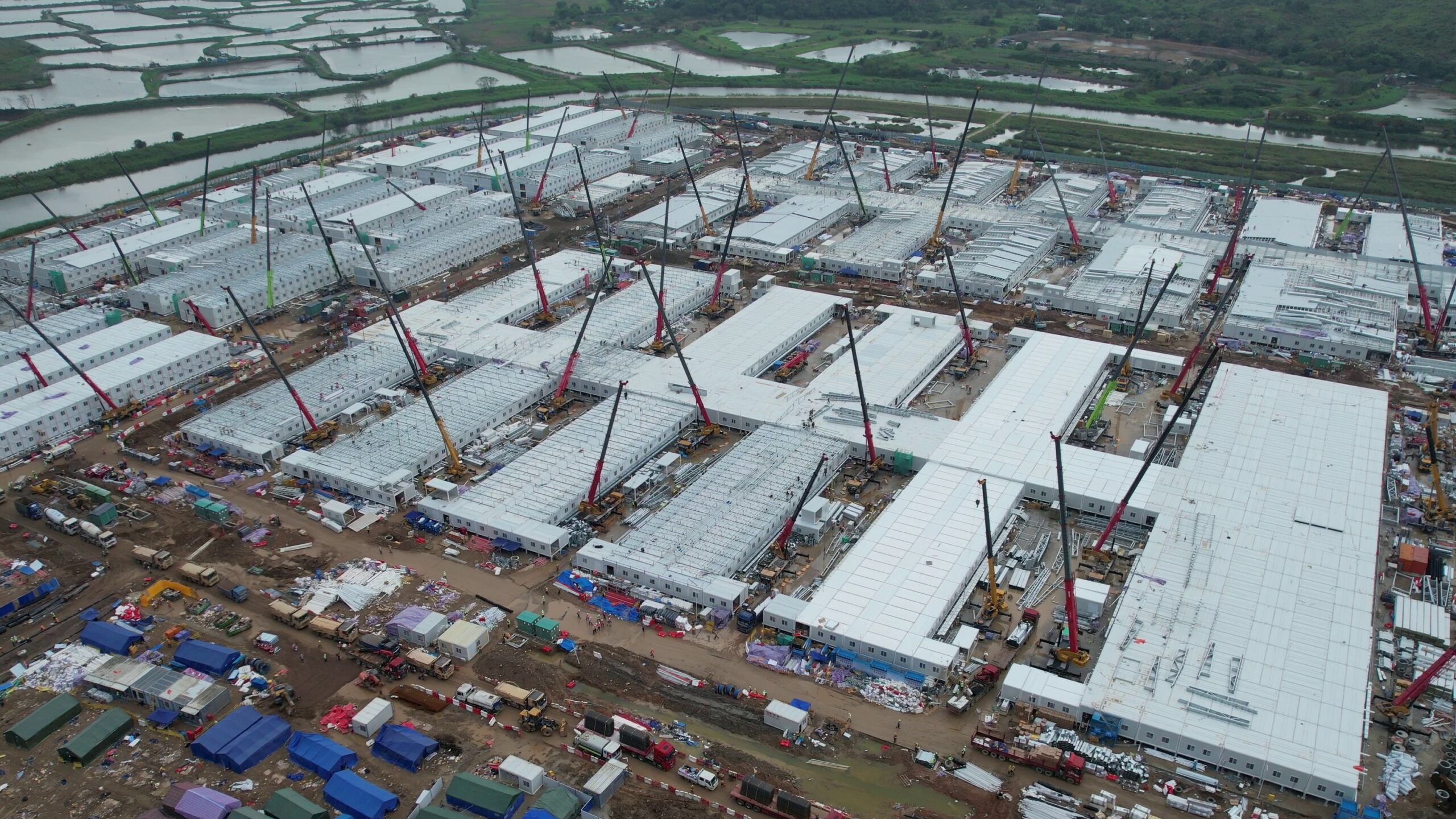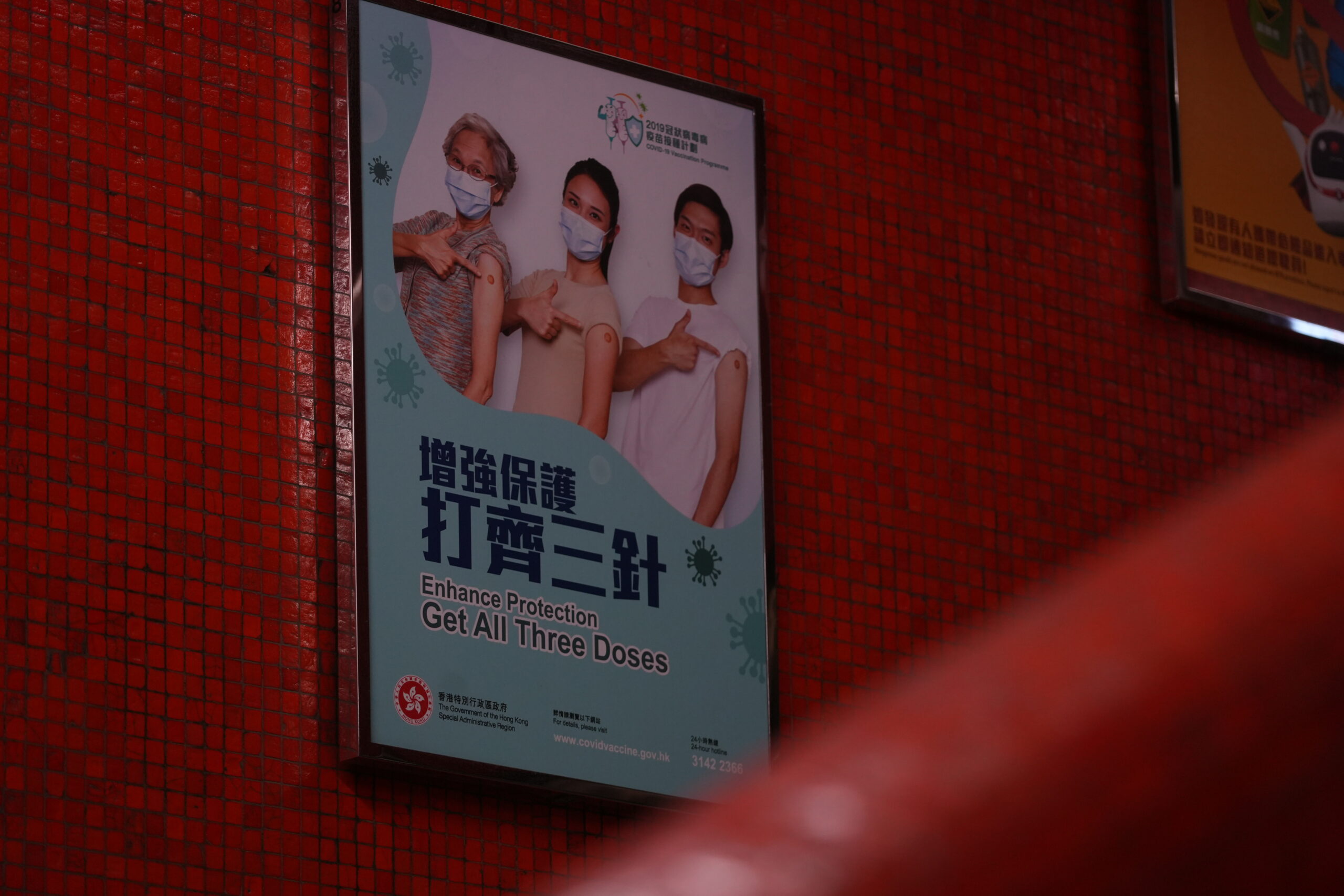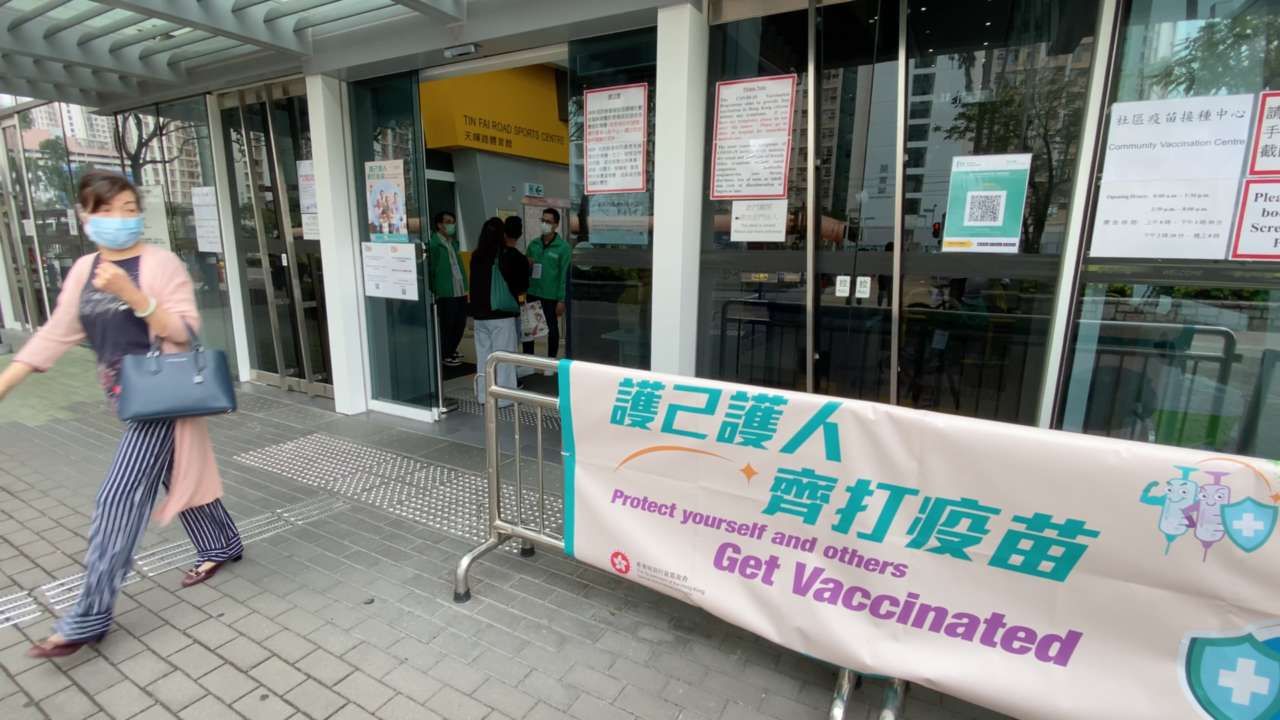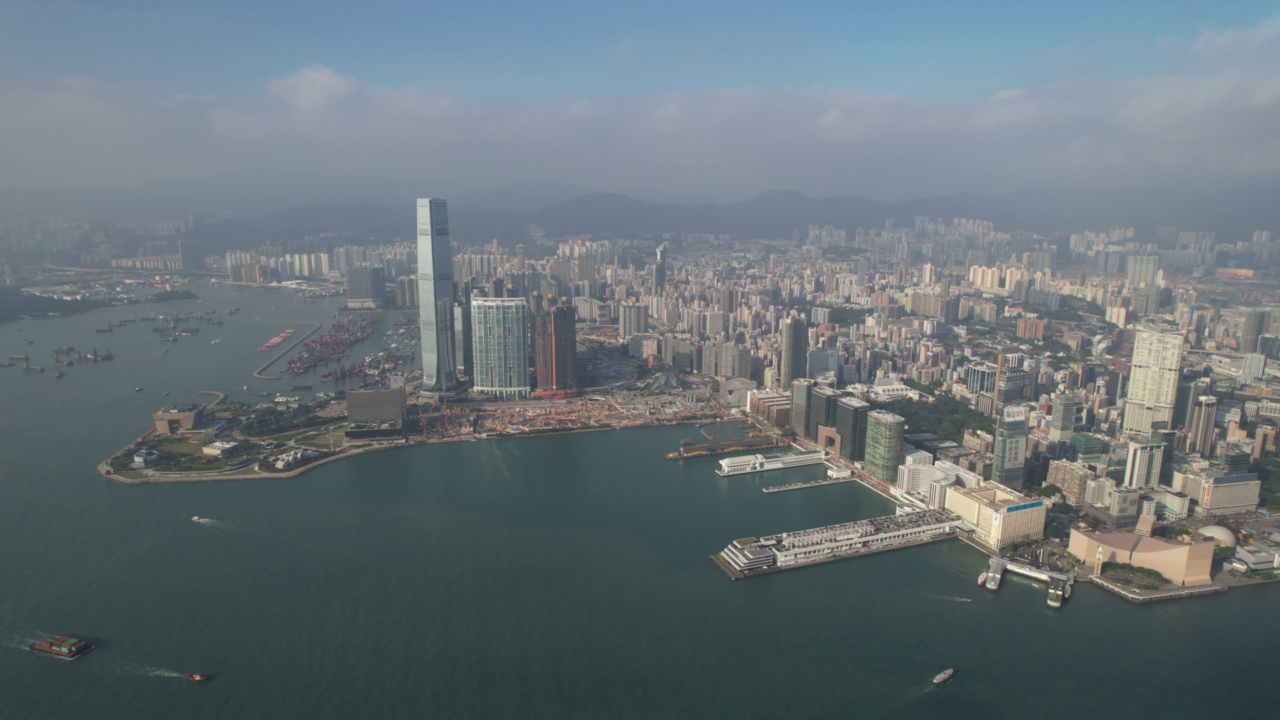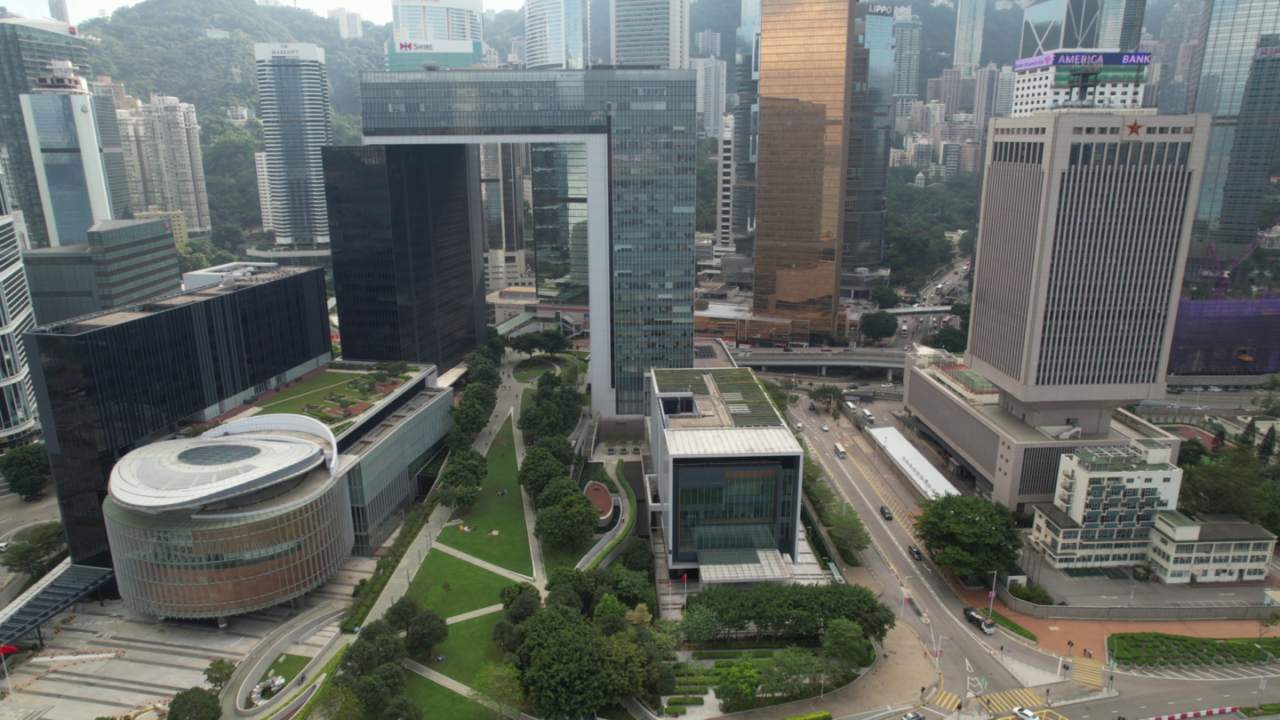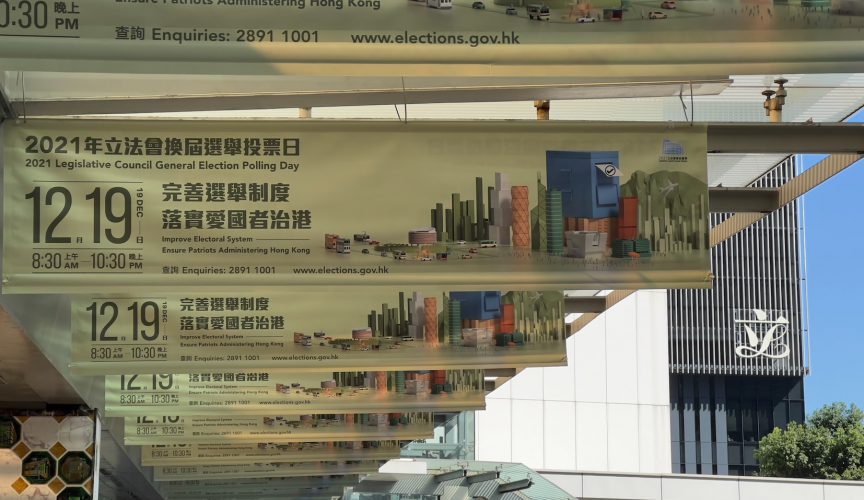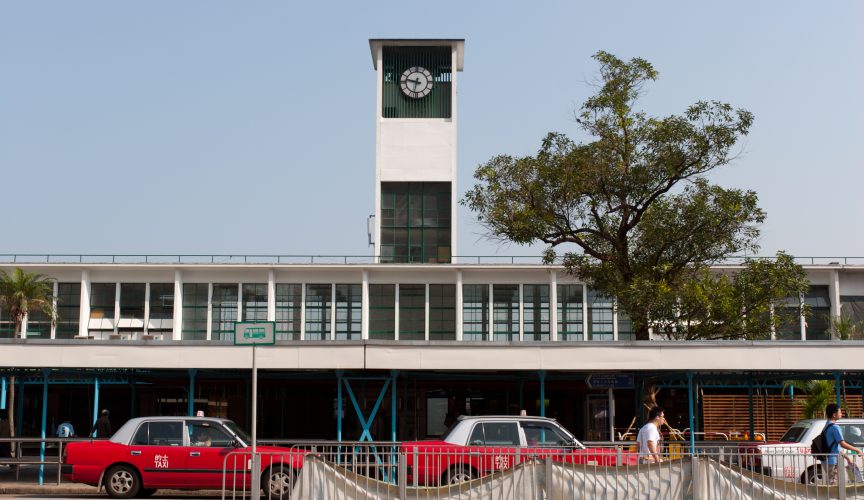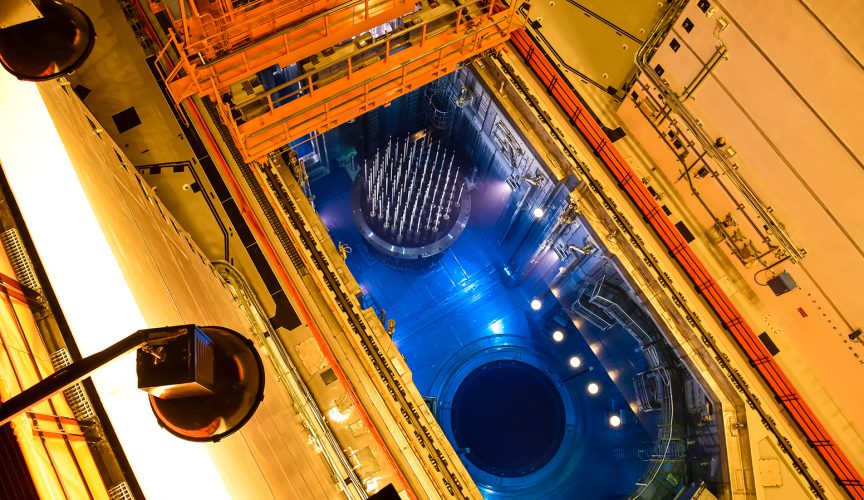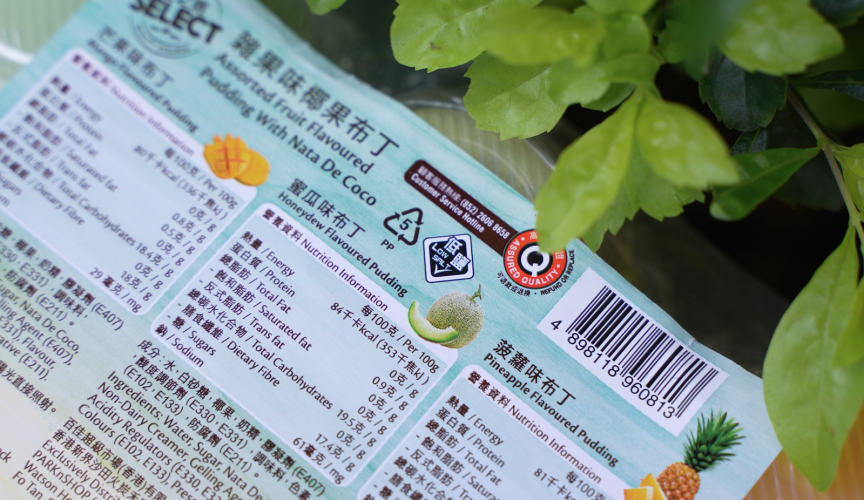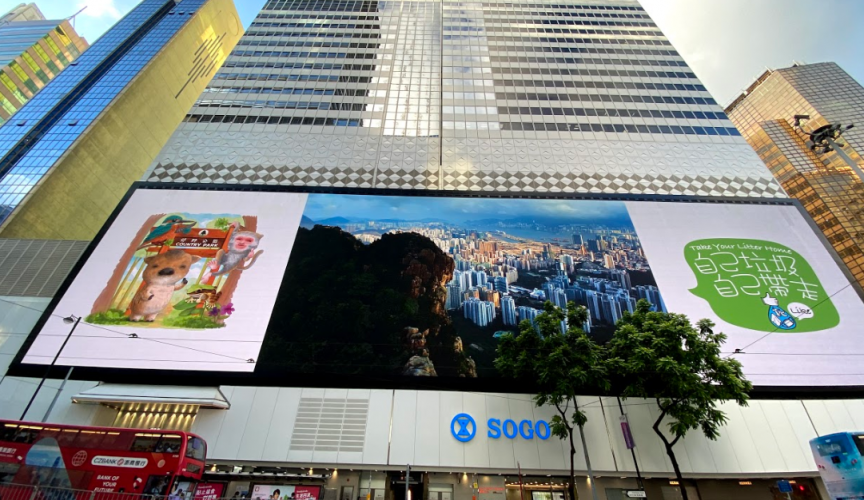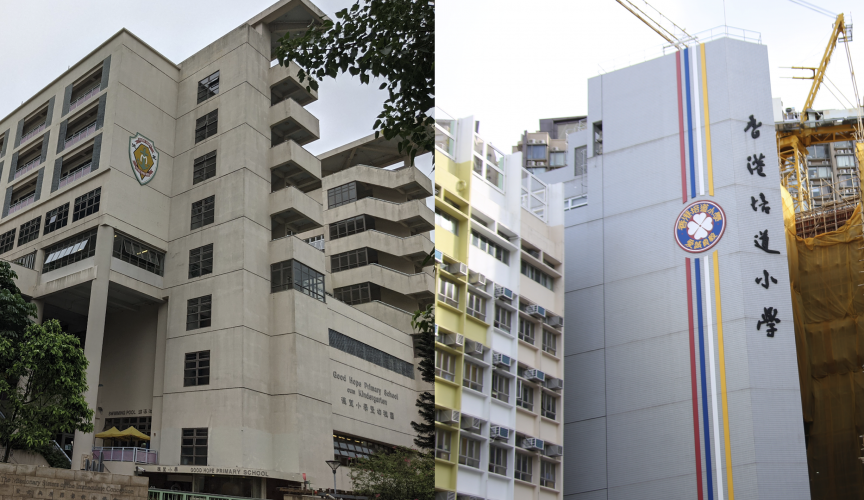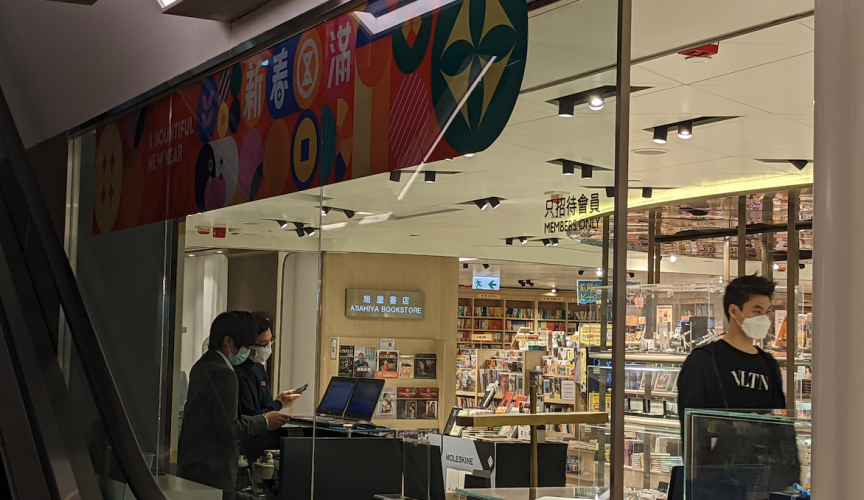Nobel Peace Prize winner Liu Xiaobo said in a video interview that he refused to leave China on medical parole in 1998
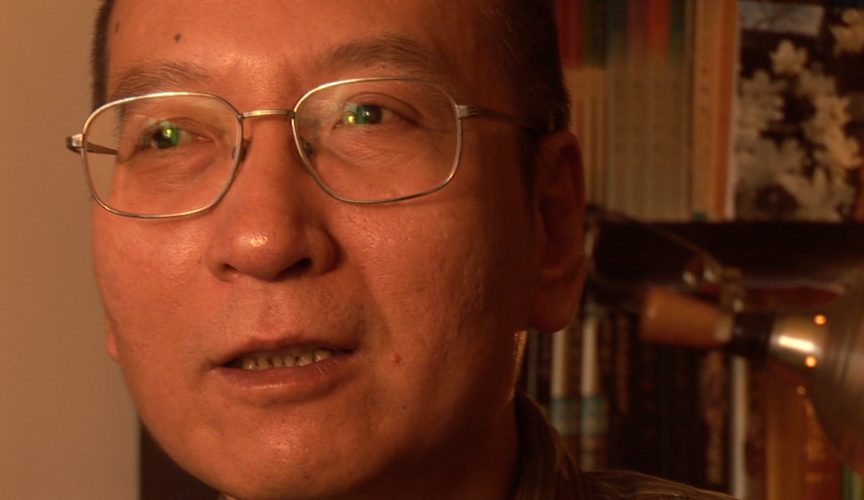
Nobel Peace Prize winner Liu Xiaobo said in a video interview that he refused to leave China on medical parole in 1998, after being persuaded by the authorities during his stay at the ‘re-education through labour’ camp, because he ‘would make it through’, having half of the sentence left.
The video interview obtained by FactWire was Liu’s last interview before his arrest in 2008.
Liu also said in the interview he ‘left a small jail and entered a bigger jail’ since after the 1989 Tiananmen Square pro-democracy movement and risked losing his personal freedom anytime. He then revealed the process of being captured on 8 October 1996 and sentenced to serve in the labour camp for three years, which he described as ‘losing his freedom in several minutes’.
The video was provided by James.H, a good friend of Liu and his wife Liu Xia. Filmed on 6 December 2008, two days before Liu was detained for drafting the petition ‘Charter 08’ calling for political reforms, the video is Liu’s last interview before his arrest. The interview lasted for about an hour, and a 25-minute segment was uploaded online in September 2010, which mentioned Liu being monitored after his release from the camp in 1999.
In the full interview acquired by FactWire, Liu mentioned that his personal freedom was under long-term constraints after the pro-democracy movement. ‘It is fundamentally like that in China anyway, entering a bigger jail after leaving a smaller jail, and you have no privacy. You’d get arrested or have visits by the police at the door anytime.’
A gentler way to put it would be to ‘he cha’, or to ‘have tea’ outside, according to Liu, who had been to several ‘stores’ of the Beijing Municipal Public Security Bureau to have tea. The stores were namely a small garden next to the north door of the Forbidden City, and a bigger siheyuan at the Cherry Valley Botanical Garden. Liu was summoned there for talks or detained for a few days every now and then.
In mid-May of 1995, Liu was under house arrest in the suburbs before the release of ‘Drawing from a Lesson Paid for in Blood, The Process of Promoting Democracy and Rule of Law—An Appeal on the Sixth Anniversary of June Fourth’, a letter of appeal jointly drafted by Liu, Wang Dan as well as other intellectuals. ‘I was put into prison, in the big siheyuan next to the Cherry Valley Botanical Garden. I completely lost my personal freedom. There were many police, two at a side looking at you,’ Liu recalled.
That was a big siheyuan, according to Liu, where many dissidents like Liu were being kept. There were two beds in each house, and the dissidents lived with their guards. ‘But as time went by, they did not like it and lived in a house next to mine,’ he said. Liu was kept in the house for eight months until 1996 spring, and he was sent directly back to Dalian. However, Liu was still constantly being followed.
On October 8, a few days after Liu came back from Dalian to Beijing, a policeman whom Liu recognized came knocking at his door early in the morning. ‘(That person) normally puts on casual wear, but on that day of visit I found him in formal attire at my door. They asked me to go to the police station to talk. I then asked them what is going on, and they said there is certainly something. My wife (Liu Xia) was still sleeping because they always came over for talks.’
While initially assuming that he would return home after a short talk, Liu sensed something wasn’t right at the police station. A lot of people were next to him and brought him to a conference room.
Liu said: ‘Upon entering the conference room, I saw someone carrying a video camera and some people were taking photos. And then several men in the premise told me to sit at the opposite side of a long rectangular table. There were three people facing me, and he pulled out a small sheet of paper from the Beijing Municipal Re-education through Labour Committee. I was asked to sign it, but i didn’t.’
Liu was then handcuffed and sent to the police station in Ban Bu Qiao. After staying there for one and a half months, Liu was sent to the labour camp in Dalian.
‘From that you can see the system of re-education through labour,’ said Liu. ‘That is where the barbarity lies- your freedom was lost within several minutes without going through any trials. From my home to that place… think about it… that police station… until they announced those few words from that piece of paper, stating that I was involved in causing social unrest, defamation and attacking the socialist system. It was these two accusations and there was no proof whatsoever.’
Liu also revealed in the interview that he was persuaded to leave China on medical parole in 1998, when US President Clinton visited China. The person first spoke to Liu Xia, asking her to convince Liu, but Liu Xia said this was not up to her. The person then directly approached Liu, who was still isolated in the labour camp.
‘Then they came to talk to me, and I also told them honestly what I thought,’ said Liu. ‘I said if I had been sentenced to prison for over ten years like Wang Dan or Wei Jing-sheng, then I might think about it… in 1998 I had done half the sentence. I said I had one and a half years left in prison, and I would make it through.’
While the persuader did not state the destination of medical parole, Liu said Wang, Wei and Liu Nian-chun all left for the US on granted medical parole in the year before, during Clinton’s visit. Liu pointed that the releases happened in 1998, when Jiang Ze-min let a lot of people go, and then promised that China would sign two declarations by United Nations.
Liu was taken away by the Beijing Municipal Public Security Bureau from home on 8 December 2008. On 25 December 2009, Liu was sentenced to 11 years behind bars for ‘inciting subversion of state power’ and deprived of political rights for two years.
Diagnosed with liver cancer only until recently this year, Liu was released on medical parole and is receiving treatment in the No. 1 Hospital of the China Medical University in Shenyang in northeastern Liaoning province. The hospital released a late-night statement yesterday stating that there was a fluid build-up around Liu’s stomach and his liver conditions worsened.
This story is picked up and reported by the following news media:

